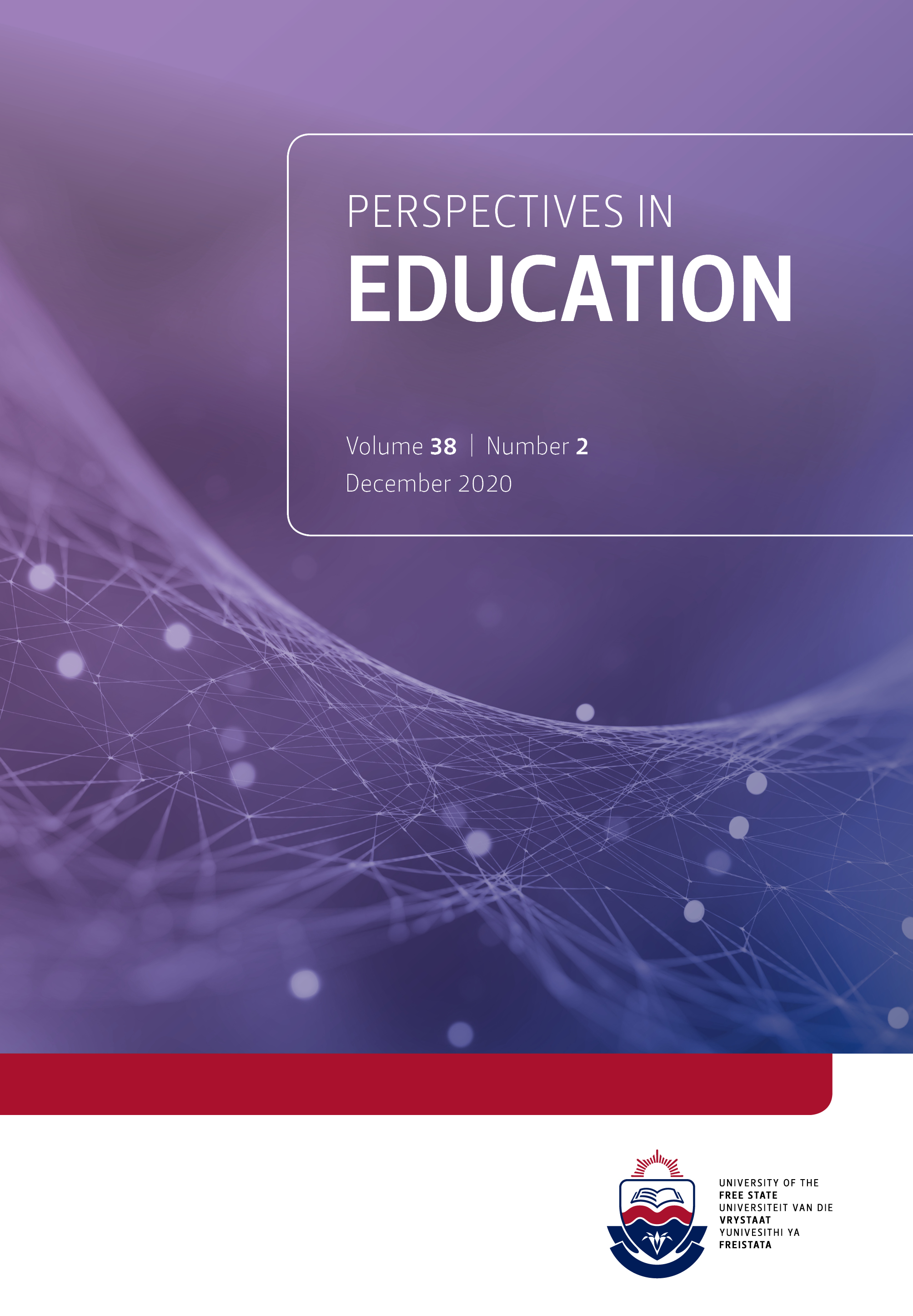Contextualising science and mathematics teacher professional development in rural areas
DOI:
https://doi.org/10.38140/pie.v38i2.4955Keywords:
Teacher professional development, Contextualised curriculum, Indigenous knowledge, Rural areas, Science and citizenship educationAbstract
Science and mathematics teacher professional development in South Africa does not adequately address teachers’ pedagogical content knowledge or ability to integrate indigenous knowledge into the curriculum. This situation is partly due to traditional teacher professional development programmes that utilise top-down and expert-driven approaches without consulting teachers. This “one- size-fits-all” model is rarely relevant to teachers’ classroom realities, especially in rural areas. The research question that guided this research was: How could the professional development intervention be contextualised to better meet the educational needs of a rural environment? In this paper, we explore the design principles for teacher professional development interventions that could addressthe needs of teachers and the context, acknowledging that teachers in rural areas face different challenges compared to teachers in urban areas. We use the Hantam region of the Northern Cape Province as a case study to explore the affordances of partnerships with local indigenous knowledge holders and cultural institutions (museums) in the professional development of teachers. Data were generated from semi-structured interviews with Hantam school and community participants using a qualitative approach. Two major themes that emerged from this qualitative research was that (a) the involvement of indigenous knowledge holders and museums as “third partners” in the value chain between universities and schools, could greatly assist to better contextualise the “western” science curriculum, and (b) the incorporation of indigenous knowledge in the STEM curriculum could assist in building the self-esteem of learners. We argue that contextualising science and mathematics teacher professional development for the rural environment has affordances for improving not only teacher competencies, but also learners’ views on the relevance of science and mathematics in everyday life.
Downloads
##submission.downloads##
Published
How to Cite
Issue
Section
License
Copyright (c) 2020 Author(s)

This work is licensed under a Creative Commons Attribution 4.0 International License.





